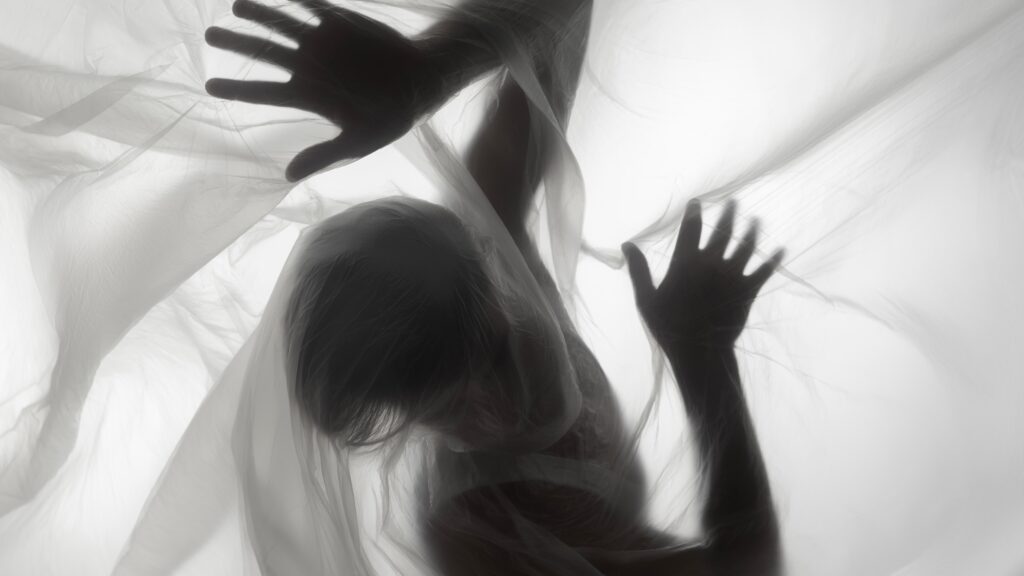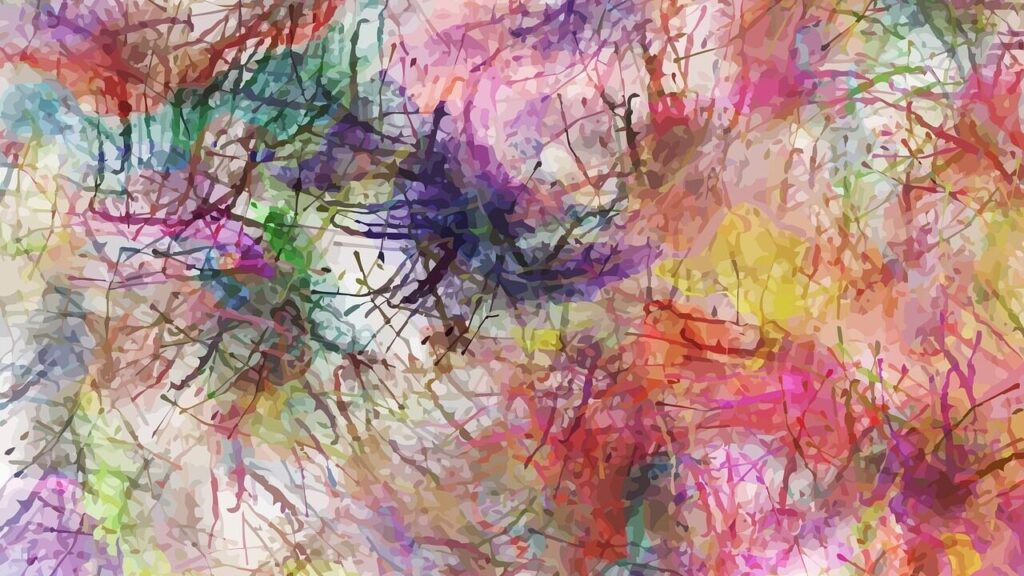Lately, as a trauma therapist in Vancouver, I’ve been working with many clients who are struggling to process the state of the world. Whether it’s war, climate change, political instability, or economic uncertainty—grief, fear, and even terror have been showing up in the therapy room with striking regularity. As a therapist in Vancouver, I’ve been noticing how deeply these global issues are affecting people on a personal and emotional level.
The Emotional Weight of a World in Crisis
The primary emotions that rise to the surface are often fear and sorrow. But when we gently peel back these initial responses, we find deeper layers:
- Sadness that is almost too big to hold
- Worry for our children, our families, our future
- Helplessness in the face of unimaginable suffering
And often, for those of us in relatively safe or privileged circumstances, there’s a quieter, more insidious emotional layer: guilt and shame.
When Privilege Feels Heavy
If you have access to clean water, shelter, and safety, and you’re not in an active war zone—it’s natural to feel grateful. But many clients I work with also carry a heavy burden of guilt because of this privilege.
What I’ve observed is a pattern of self-punishment that seems to arise from this guilt. It can manifest in a few different ways:
- Compulsively consuming distressing news even when it leaves you overwhelmed or hopeless.
- Hyperfixating on global issues, believing that if you just worry hard enough, maybe something will change.
- Sinking into anxiety and depression, feeling immobilized by the weight of the world’s suffering.
These are deeply human reactions. We want to feel connected. We should feel something when people are hurting. But punishing ourselves does not reduce another’s suffering—it only deepens our own.
The Beauty of Compassion—And the Danger of Despair
There is something profoundly beautiful about this kind of human empathy. To feel deeply for people we’ve never met, to sense our shared humanity—it means your heart is open. It means you care.
But here’s the difficult truth:
If we lose ourselves in hatred, anger, and guilt, we move further away from the world we are longing for.
What are we fighting for if we allow ourselves to become filled with the same hatred we condemn? If we forget to nurture joy, love, community, and connection, then we risk those qualities disappearing entirely.
Cultivating Balance in a Fractured World
I am not saying we should turn a blind eye to injustice or suffering. Nor am I suggesting we disappear into the comforts of privilege and ignore what is unfolding beyond our own lives.
But we can seek balance.
We can use our privilege mindfully and meaningfully:
- Support small, local businesses
- Eat food that is grown or sourced close to home
- Purchase recycled or sustainable clothing
- Conserve water and electricity
- Speak kindly to the people we encounter each day
- Practice patience and compassion when someone cuts us off in traffic
And perhaps most importantly: we can treat ourselves with care, too.
We can recognize that our grief for the world is a sign of love—not something we need to be punished for. We can take deep breaths, return to our bodies, and offer ourselves the same compassion we hope to see in the world.
Because if we don’t protect and cultivate these qualities within ourselves, they cannot thrive anywhere.
Final Thoughts: A Gentle Invitation
If you’re struggling with grief, guilt, or helplessness about the world right now, you’re not alone. These are big feelings, and they deserve space to be explored—without shame, without judgment.
As a trauma therapist in Vancouver, I offer a grounded, compassionate space where you can process these emotions and reconnect with yourself. Together, we can explore how to care for the world without losing yourself in the process.
Book a session today if you’re ready to begin that journey.


